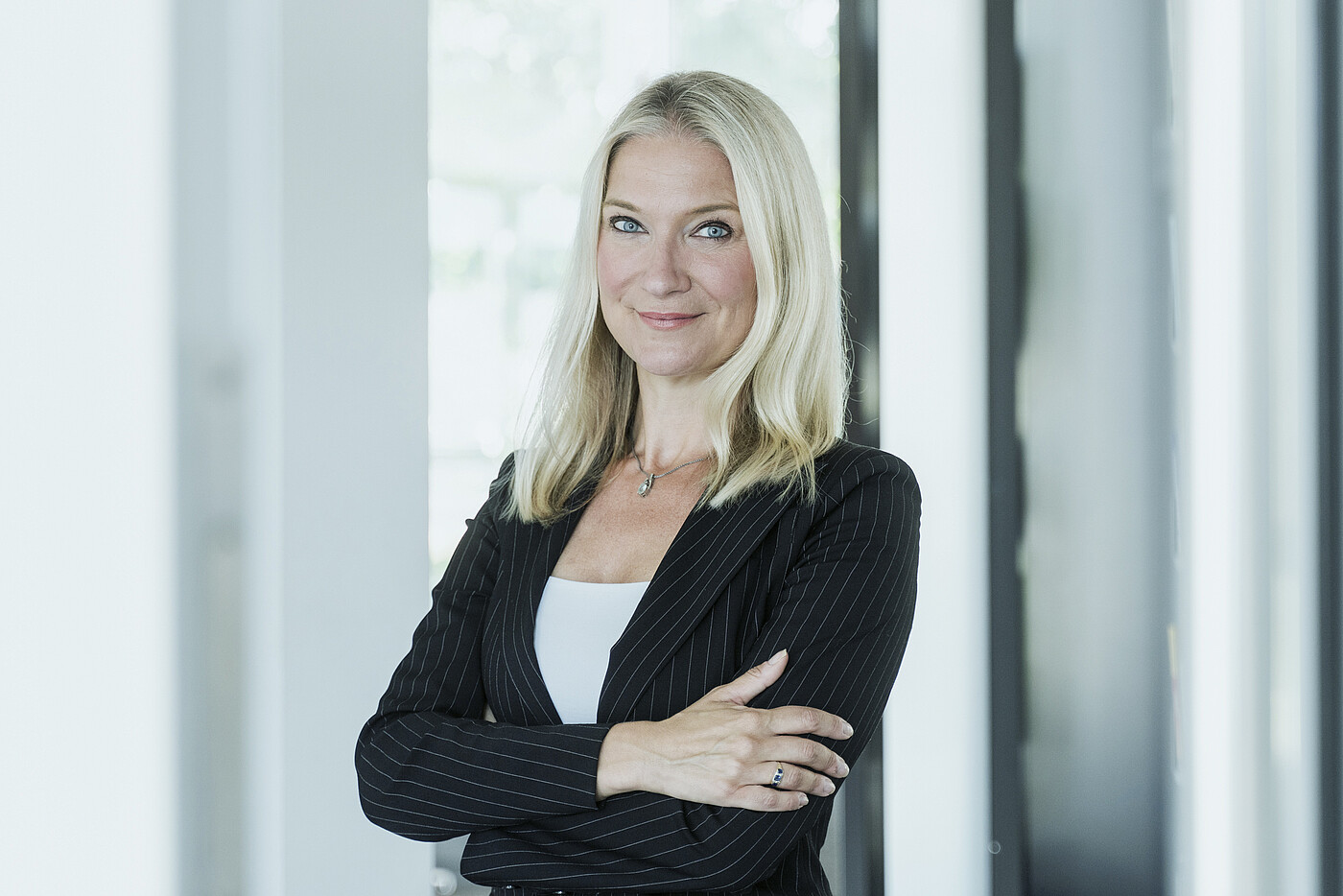By Cathrin Sengpiehl
As a country, Germany’s clear target is to be climate neutral by 2045, and many companies have followed suit by setting themselves ambitious climate targets. The “whether” is no longer up for debate as far as politicians and large parts of the business community are concerned – but the “how” most certainly is. The German government’s “traffic light coalition” members have been engaged in controversial exchanges of opinion on this issue. They plan, reject and pass new laws and amendments to laws in quick succession. They are constantly changing the framework conditions for business and industry in Germany. At the same time, international competition is upping pressure to take action. And all of this is taking place in times of volatile energy prices and a recession.
As a result, companies currently find themselves in an increasingly turbulent environment and have to be and remain profitable under complex conditions. Corporate reputation plays a central role here. In the current delicate balancing act between climate protection and competitiveness, companies are navigating challenging waters when it comes to maintaining their credibility and thus safeguarding their reputation. They must succeed in balancing the conflicting goals in their communications strategy and ensuring both the acceptance of their stakeholders and competitiveness. They are faced with the challenge that their contribution towards protecting the climate can only be successful if the means to do so are in place – only then they can innovate from within and remain competitive. This is a dilemma for communications teams that can have a lasting negative impact on a company’s reputation and can only be resolved by careful communications planning. It is the decisive driver and success factor on the path towards competitive climate neutrality.
Companies must enter into a critical and constructive dialogue with policymakers and society. In doing so, their communications must be free of contradictions and be able to survive in the long term. Their communications strategy must consistently adapt the corporate course with all its ambitions and challenges to the new socio-political reality. Only those who take up the different expectations of the relevant target groups will create competitive advantages. This involves goodwill with politicians, understanding and acceptance in society, trust on the capital market, attractiveness as an employer brand for managers and employees as well as for young talents.
To optimally exploit the potential opportunities on the journey towards a competitive, climate-neutral future, companies should follow these communications guidelines:
- Develop a long-term narrative to secure the overall picture of the transformation and enable reliable expectation management
- Openly identify conflicts between objectives as well as obstacles in order to secure room for manoeuvre
- Create transparency and trust by proactively presenting the stages and milestones of the course taken
- Conduct a systematic dialogue with (critical) stakeholders to promote understanding and goodwill
- Anchor the company’s understanding of sustainability internally and create a clear roadmap with exciting, future-oriented and international projects to keep managers and employees with the company and attract young talent
Companies that follow these basic guidelines secure economic and social leeway in a tightening competitive environment. And companies need to be competitive to make the transition towards a climate-neutral society succeed. Well planned communications are indispensable for this.
We support our clients in understanding what is changing, what is challenging, what the high expectations of stakeholders are. We identify conflicting objectives and help to resolve them through strategically aligned dialogue formats. We work with you to develop a communications strategy that carries you safely through controversy and ensures that you are and remain an accepted and future-proof company.
Photo: Foto: iStock.com/AleksandarGeorgiev

 LinkedIn
LinkedIn
 Twitter / X
Twitter / X

